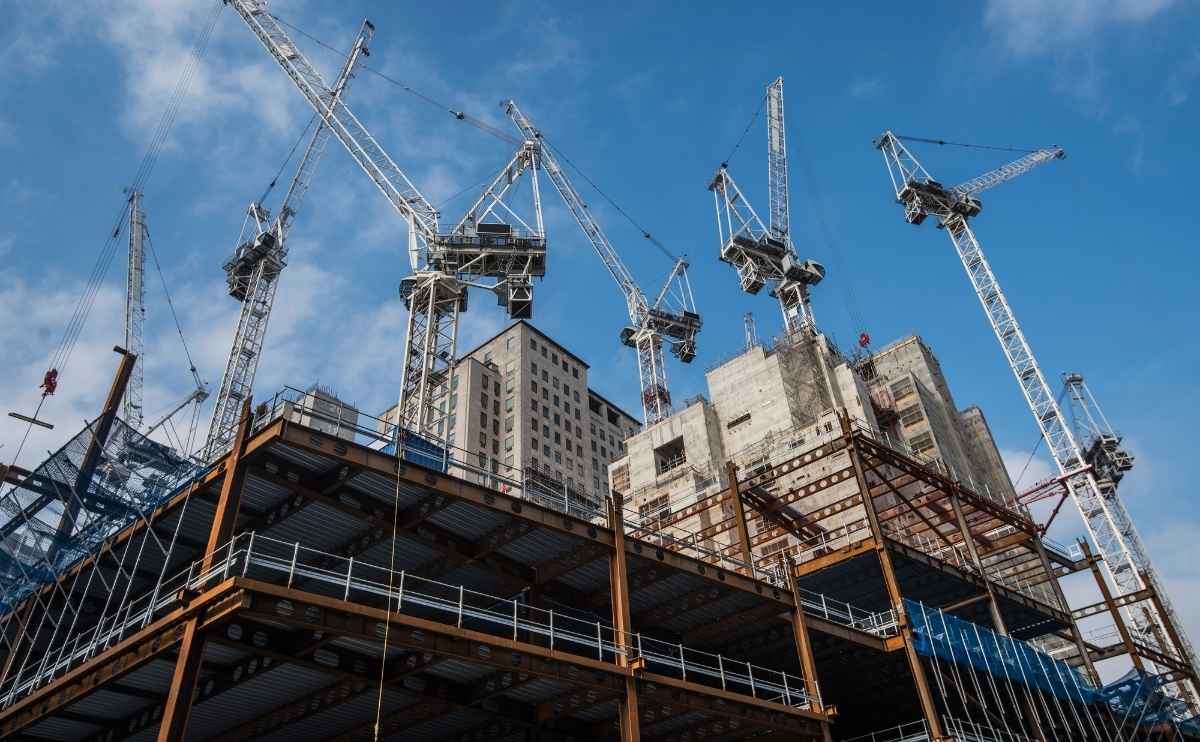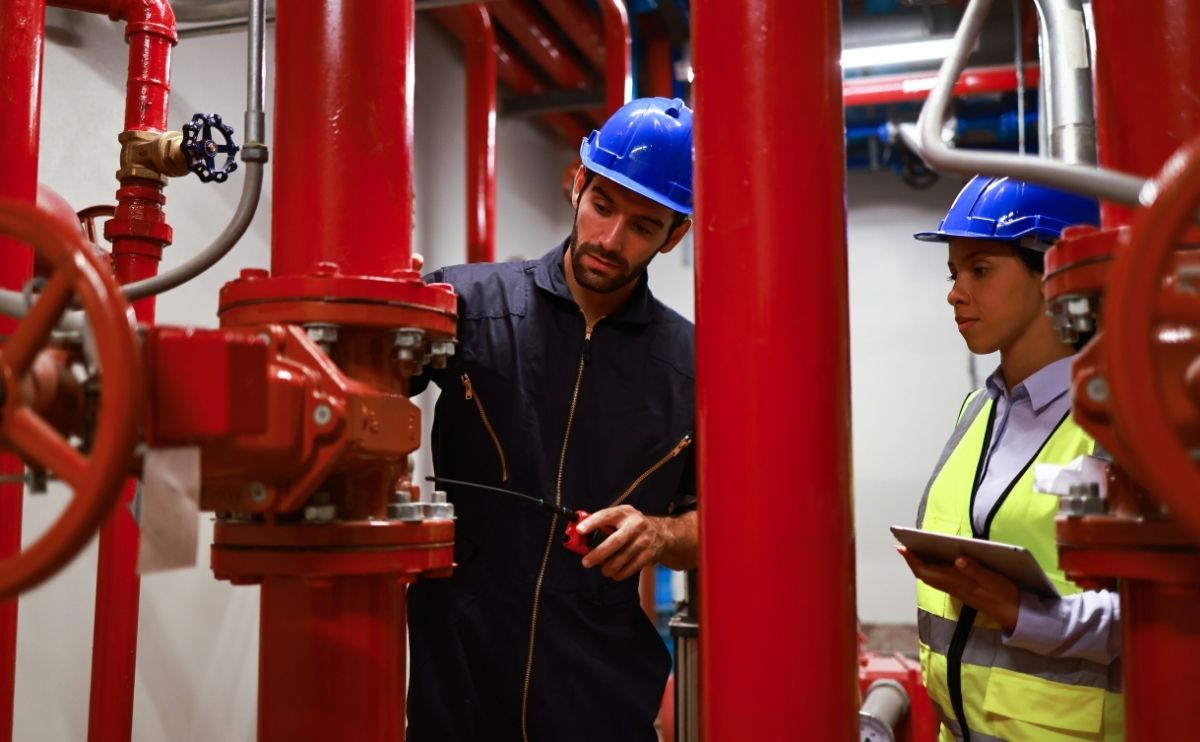Benefits of Using Stainless Steel in Industrial Piping
Introduction
In industrial settings, where pipelines are exposed to corrosive chemicals, high temperatures, and pressure, choosing the right piping material is critical. Stainless steel stands out as one of the most durable and versatile materials for industrial piping, offering unmatched benefits in terms of resistance, longevity, and reliability. This blog dives into the key advantages of using stainless steel in industrial piping and why it’s a preferred choice for industries such as chemical processing, petrochemicals, water treatment, and bio-fuel processing.
Why Stainless Steel?
This material offers a combination of properties that make it ideal for harsh industrial environments. Here’s a look at the core reasons why industries across sectors rely on it for their piping needs.
Corrosion Resistance: Ideal for Harsh Environments
Industrial pipelines often transport fluids that are highly corrosive or exposed to extreme environmental conditions. The resistance to corrosion is a standout feature, making it well-suited for industries where pipes come into contact with aggressive chemicals.
- Chemical and Petrochemical Industries: In industries dealing with acids, alkalis, and other corrosive chemicals, it prevents rust and corrosion, extending the life of the pipes.
- Water Treatment Facilities: For systems handling water and waste, this material reduces contamination risks and withstands the impact of waterborne minerals and salts.
- Anti-Oxidation Properties: The ability to resist oxidation even in high-heat environments ensures that pipelines remain intact, supporting consistent and safe operations.
Corrosion resistance helps industries reduce pipe maintenance and replacement costs, making it a cost-effective choice in the long run.
Durability: Long-Lasting and Resilient
Known for exceptional durability, this material provides strength and resilience under harsh conditions. Industrial environments are often challenging, with heavy machinery, frequent use, and extreme temperatures—conditions that stainless steel can endure without compromise.
- Strength Under Pressure: Stainless steel pipes are built to handle high pressures, making them ideal for industries like oil and gas, where pressurized fluids are transported.
- Impact Resistance: It has a high impact tolerance, ensuring it can withstand accidental impacts from machinery or tools without deforming.
- Long-Term Cost Savings: Due to its durability, this material requires less frequent maintenance and replacement, resulting in significant cost savings for industrial facilities over time.
For industries that prioritize reliability and minimal downtime, this material is a smart, durable choice that supports sustained operations.
Versatility: Suitable for a Range of Applications
Its adaptability to different applications adds to its appeal across multiple industries. From transporting water to managing high-pressure chemicals, stainless steel piping is versatile and customizable to specific industrial requirements.
- Water Treatment and Waste Management: Its resistance to corrosion and non-reactive surface make it ideal for transporting clean or waste water without contamination.
- Bio-Fuel Processing: In the bio-fuel sector, where pipelines handle biodiesel and ethanol, its resistance to chemicals ensures safe and clean transport.
- Pharmaceuticals: The pharmaceutical industry benefits from stainless steel piping for its cleanability and adherence to hygiene standards, ensuring contamination-free transport of ingredients.
Industries benefit from its ability to adapt to different environments and applications, offering a reliable piping solution across various sectors. Similarly, construction equipment plays a pivotal role in adapting to different needs on a modern construction site, supporting infrastructure development and operations efficiently.
Cost Efficiency: Lower Maintenance and Replacement Costs
While stainless steel may have a higher upfront cost compared to other materials, its long lifespan and low maintenance requirements make it cost-effective in the long run. This material reduces the need for frequent repairs and replacements, ensuring budget-friendly operations for industries with extensive pipeline networks.
- Reduced Repair Costs: Thanks to its strength and corrosion resistance, stainless steel piping requires fewer repairs and withstands prolonged exposure to demanding conditions.
- Extended Service Life: With proper installation and minimal maintenance, stainless steel pipes can last decades, reducing costs associated with replacements.
- Minimized Downtime: In industrial operations, time is money. Its reliability minimizes breakdowns and unplanned maintenance, allowing facilities to maintain smooth operations.
The cost efficiency of stainless steel makes it a valuable investment for industries seeking long-term savings without compromising on quality.
Conclusion
Stainless steel piping is a reliable and efficient choice for industrial applications, combining durability, corrosion resistance, and versatility. Industries ranging from chemical processing to water treatment benefit from this material’s ability to withstand harsh environments while requiring minimal maintenance. Its long-term cost-effectiveness, adaptability, and longevity make it an optimal solution for industrial piping needs. Choosing stainless steel ensures operational efficiency, reduces maintenance costs, and supports sustainable, safe, and productive industrial operations.



